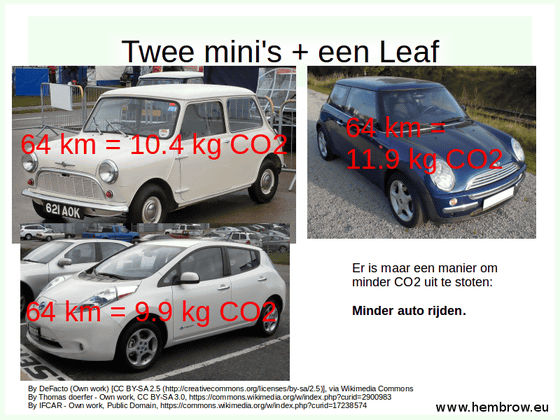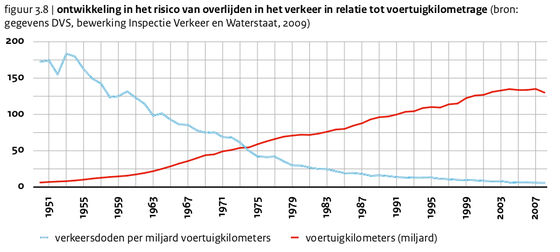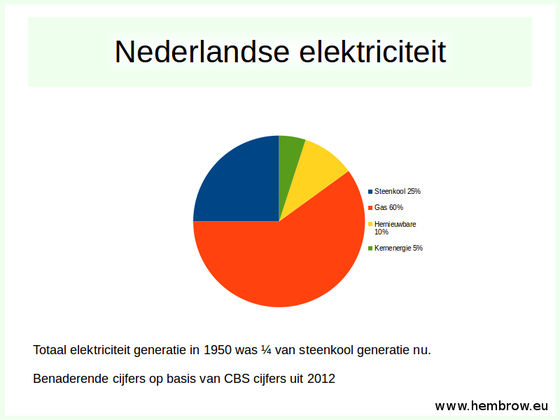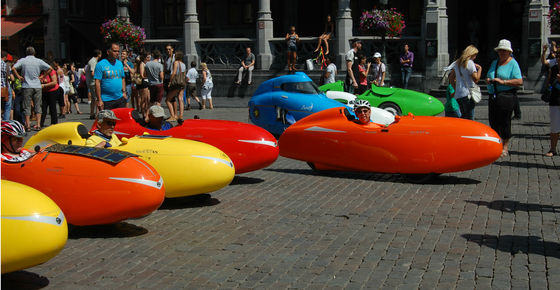Cyclist's claim that "electric vehicles are not necessarily clean and eco-friendly vehicles"

byHåkan Dahlström
The Netherlands is a country that is actively working on the spread of environmental issues and renewable energy,After 2025 there are moves to ban sales other than electric carsWe are promoting the introduction of electric vehicles. But it is a cyclist living in the NetherlandsDavid HembrowSays, "It can not be said that policies for promoting the introduction of electric vehicles in the Netherlands will not lead to solutions to environmental problems."
A view from the cycle path: Business as usual by driving a "Green car" vs. actually using a genuinely clean and green mode of transport
http://www.aviewfromthecyclepath.com/2017/09/business-as-usual-by-driving-green-car.html
Once gasoline as fuel for automobilesIt contained lead.. However, it turned out that lead contained in the exhaust gas causes health damage, regular gasoline is replaced with unleaded gasoline, and even in Japan, regular gasoline is completely lead-free after 1975. Fuel efficiency also increased due to advances in technologies, and certainly the impact of one car on the environment has become smaller than before.
So David was in the 1950'sBMC MiniWhenBMW Mini, AndNissan · ReefSurveyed the amount of carbon dioxide emissions per car when it ran 64 km, it turned out that the BMC mini was discharging about 10.4 kg and the BMW mini was discharging about 11.9 kg of carbon dioxide. Even if the performance of the engine got better, the car was improved with improved comfort and safety, the mini's weight increased to nearly twice, and as a result the carbon dioxide emissions did not change so much.

Looking at the trends in the red lines (the number of cars) shown in the graph below, we can see that in the Netherlands the number of cars tends to increase every year since the 1950s. In comparison with the 1950s, the number of cars in the 2010s is nearly ten times that of the 1950s, so even if manufacturer's technological innovation slightly reduces the amount of carbon dioxide emissions per unit, consider the remarkable increase in the number of cars David insists that the total carbon dioxide emissions by cars are rather increasing. This is true not only for cars but also for airplanes and large ships.

In addition, although Nissan / Reef of the electric car seemingly has almost zero carbon dioxide emissions, David says, "To produce the electricity consumed for the electric car to run over 64 kilometers, about 9.9 kg of carbon dioxide is discharged I will assert.
In the Netherlands, in the 1950s almost all of the electricity was in charge by coal thermal power generation, but in the 2010s the electricity from coal burning is about 25% of the total, and it is greatly decreasing in proportion. However, since the electricity consumption in the 2010s has increased to about eight times that of the 1950s, the combustion volume of coal is about twice as much as 60 years ago. The Netherlands is trying to positively adopt renewable energy, but wind power generation and solar power generation can not but support the operation of electric vehicles sufficiently because it is said that it is inefficient at present, David say.

As a result, in order to reduce carbon dioxide emissions, David insists that the only way to reduce the number of cars is to reduce the number of cars, and "clean & eco" appealed by automobile manufacturers is only an illusion to earn money. Furthermore, "The bicycle is much cleaner and more efficient than a car.Netherlands that should be a bicycle promoting countryI'd like to issue a subsidy to buy a new car, but to improve the passage for the bicycleBello MobilI have not given subsidies to him. "

Related Posts:
in Vehicle, Posted by log1i_yk







